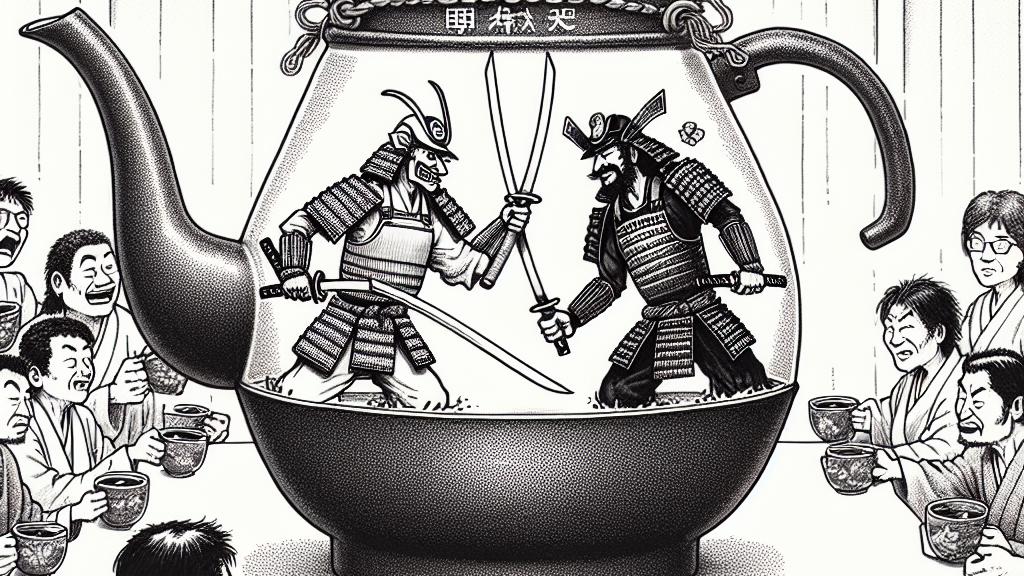The Trademark Battle Over Yakan no Mugicha: What Happened?
Overview
- The trademark dispute over 'Yakan no Mugicha' exemplifies fierce competition in the Japanese beverage landscape.
- Itoen's established trademark faced a challenge with Coca-Cola's application, sparking a lengthy legal battle.
- Ultimately, the trademark was canceled, allowing Coca-Cola to take ownership of the name.

The Trademark Landscape in Japan
In Japan's rich tea culture, few beverages enjoy the reputation of 'Yakan no Mugicha.' Initially, Itoen proudly held the trademark for this beloved roasted barley tea, showcasing its commitment to quality and tradition. However, Coca-Cola, striving for a chunk of the lucrative market, submitted its own trademark application, and thus the stage was set for an unexpected rivalry. This conflict, characterized by strategic maneuvers, involved not just legal arguments but also the essence of branding itself. Imagine consumers, loyal to their favorite Itoen tea, suddenly faced with Coca-Cola's version; the implications for brand identity and consumer trust in such a scenario are substantial and concerning.
The Ripple Effect of the Trademark Cancellation
The cancellation of Itoen's trademark was not only shocking but also sent waves throughout the industry. Many wondered, 'Why does this even matter?' Well, let’s dissect this. A trademark is essentially a protective shield, safeguarding a company's brand and the customer trust built over years. Think about stepping into a shop and reaching for 'Yakan no Mugicha'—if you expect the familiar taste from Itoen but instead find Coca-Cola’s product, it blurs the lines of loyalty and quality. This incident serves as a dire warning for companies: without vigilance and proactive trademark registration, they risk losing their identity to competitors. Furthermore, such a cancellation prompts critical questions about consumer perception and the integrity of branding in an increasingly competitive market.
Key Takeaways from the Yakan no Mugicha Trademark Saga
The Yakan no Mugicha trademark dispute offers crucial insights not just for Itoen and Coca-Cola but for businesses everywhere. It underscores the necessity of rigorous trademark protection and the importance of thorough research before launching a product. For instance, consider a small local business hoping to carve out a niche with a unique drink—without proper trademark registration and awareness, they could easily find themselves on the receiving end of a similar predicament. Thus, small business owners must embrace a proactive approach, securing their intellectual property to prevent future disputes. This ongoing evolution in the realm of trademarks is not merely a legal obligation; it’s a vital strategy to protect creativity, individuality, and invaluable innovation in today’s fast-paced economy.

Loading...